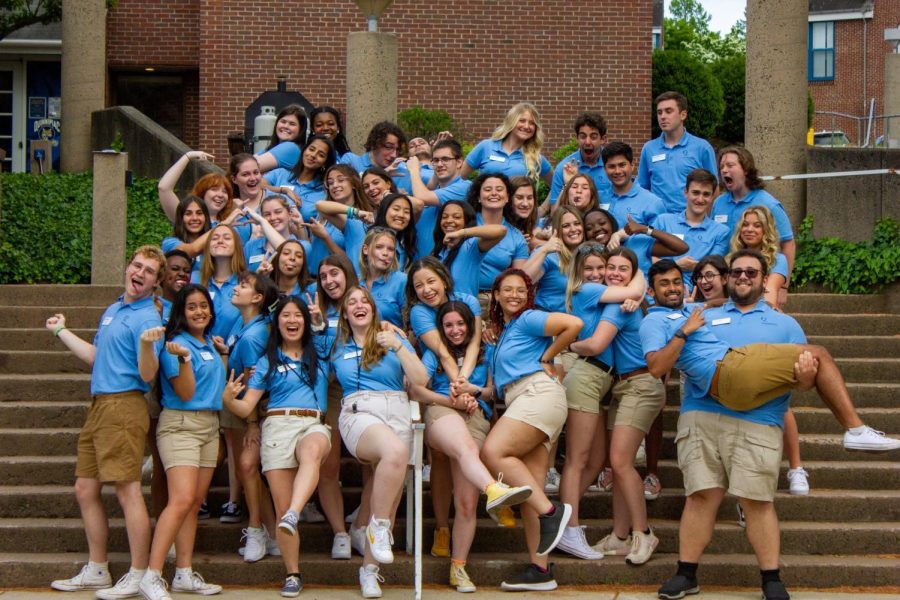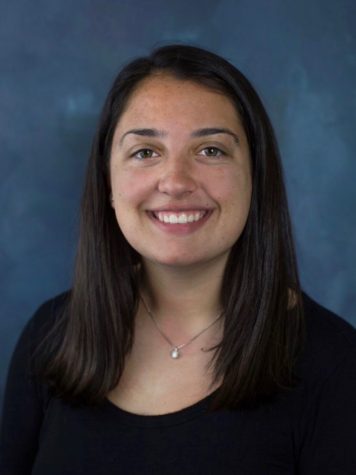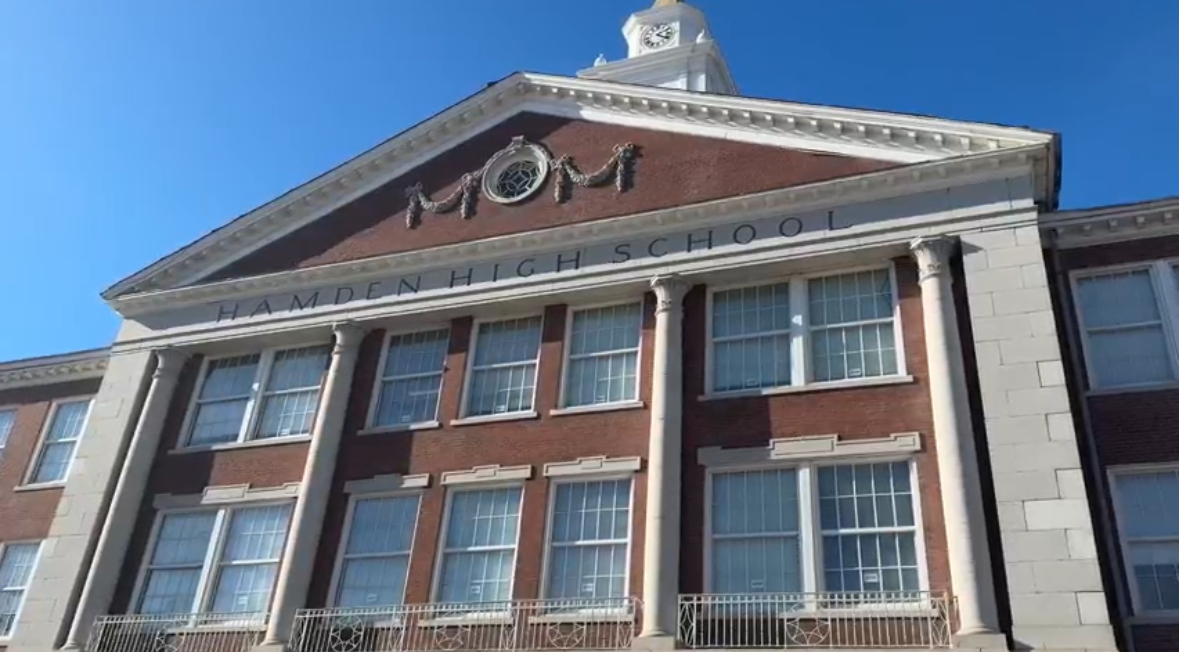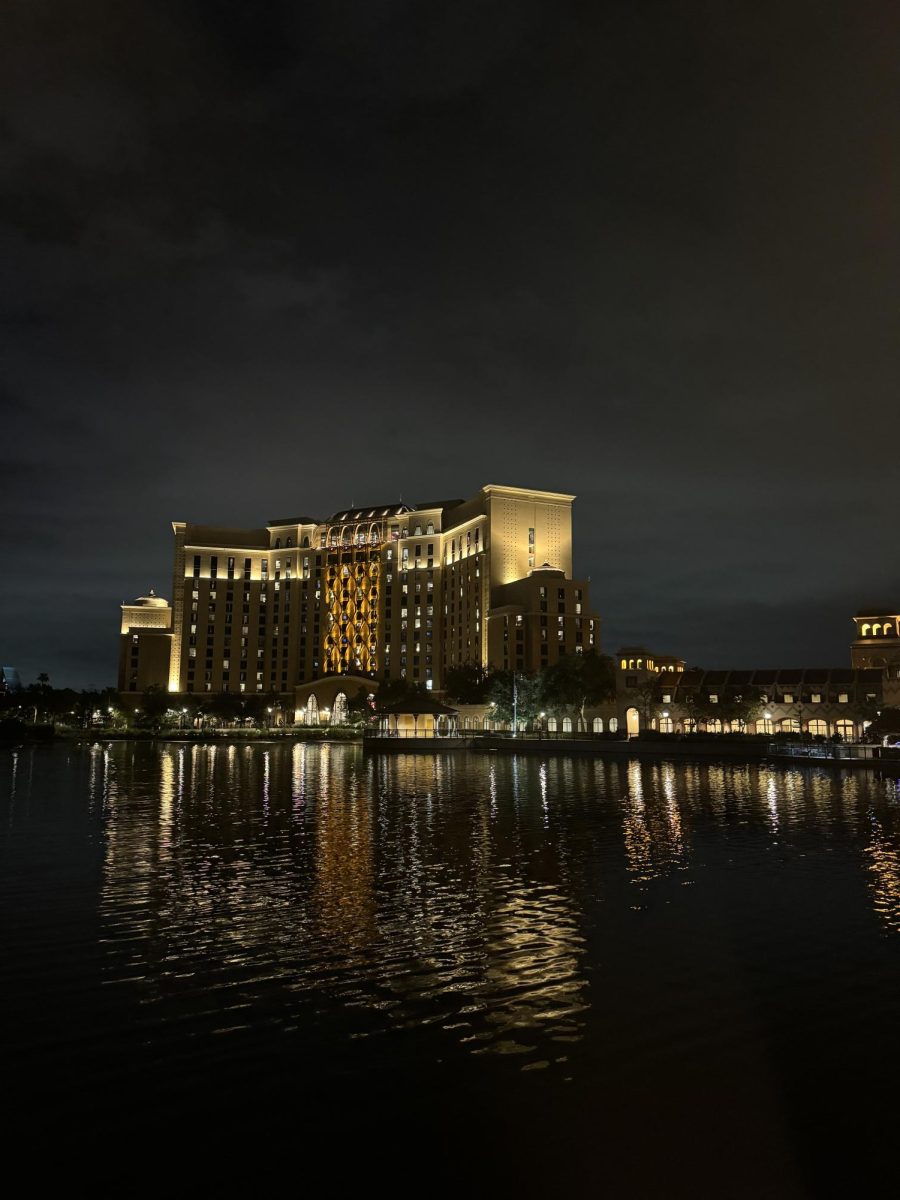Incoming Students Experience First Overnight Orientation Since the Pandemic
September 14, 2022
Incoming first-year students this year were able to experience the first overnight orientation program in two years. Not only were the students able to stay overnight in a residence hall, but they also had a longer program to connect with other incoming students.
Quinnipiac University’s orientation program aims to educate incoming students on all aspects of campus life, from things like what “CCE” means, to, in this year’s case, how to live in a residence hall with other students. Executive Director of Student Engagement Erin Provistalis stressed the learning experiences that come with dorm-style living.
“I think it’s really important to expose them to life in the residence halls,” Provistalis said. “What it is like to be in the traditional housing style, and you’re sharing the bathroom, and you’re sharing space with another person, and you’re making friends with the folks that live across the hallway from you.”
Since the orientation was overnight, students had more time to connect with their peers and gain an understanding of the campus. Provistalis explained that orientation leaders who did not go through overnight orientation noticed a difference between the programs they experienced versus the ones they led.
“The orientation leaders, especially the returning group-there were about twenty of them-were like, oh, my God, this is such a better program,” Provistalis said. “And their biggest thing about it was they could see the connections the students were building with each other.”
While orientation was still put on during the pandemic it was cut down for the safety of students. This year, with more time and the overnight component, the effects were more noticeable across campus.
“Students were coming back this year, I think, feeling more confident that they had started to build real relationships with some people when they were here in June,” Provistalis said. “I don’t think that happened the prior year or two… It was palpable in the space this year.”
The program varies slightly year to year, but the main components of a typical orientation have been found effective for incoming students by Provistalis and the evaluation team for orientation.
“We want students to be successful here, and I think in order to do that, you need to kind of have some folks that are going to help you to really understand the parameters, and the scope and the landscape of what you’re walking into,” Provistalis said.
According to Provistalis, more time is the most valuable aspect of a typical orientation program. She believes this year’s incoming students returned having made more connections and feeling more comfortable at Quinnipiac.







